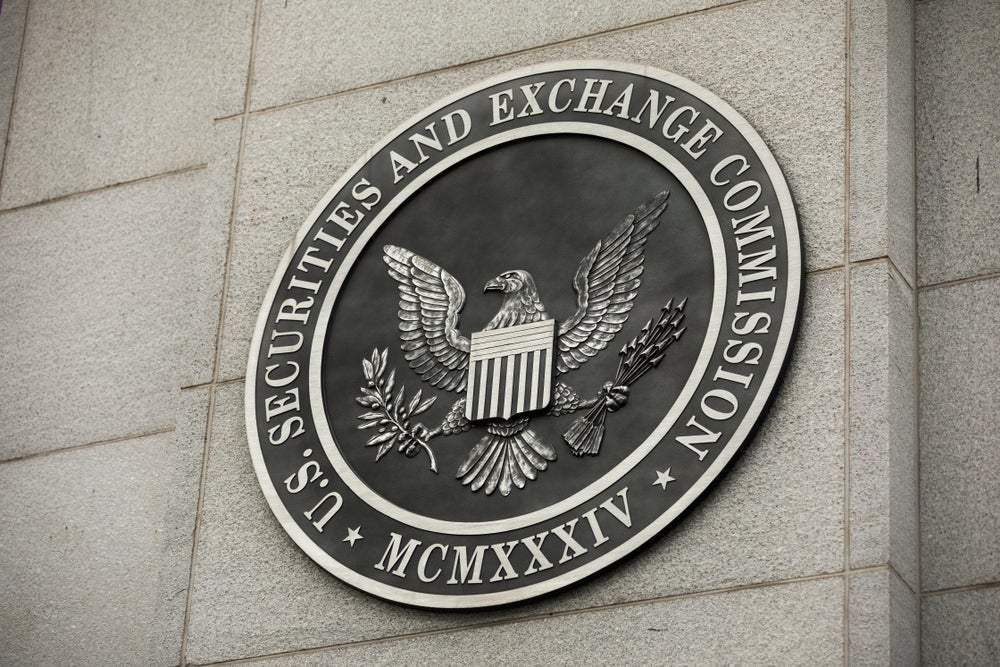
The US Securities and Exchange Commission have clashed over errors in Credit Suisse’s annual report.
Credit Suisse and the US Securities and Exchange Commission (SEC) fought for months on the gravity of reporting flaws. The SEC yipped, and Credit Suisse bolted to postpone and revise its annual report.
The issue began in July of last year, when the SEC asked Credit Suisse inquiries, according to letters disclosed in the SEC’s online database and analysed by Reuters.
Swiss Control System
Following a “late call” with the regulator on March 9th, 2023, in which concerns were voiced regarding earlier financial disclosures, Credit Suisse decided to postpone the submission of its annual report.
Credit Suisse stated that it needed to take a moment to better comprehend the SEC’s concern regarding accounting changes for a number of payment flows.
Foreign exchange hedges and share-based pay-outs were also impacted. At the same time, it was uncertain if oversights needed to be reported to the audit committee or investors.
How well do you really know your competitors?
Access the most comprehensive Company Profiles on the market, powered by GlobalData. Save hours of research. Gain competitive edge.

Thank you!
Your download email will arrive shortly
Not ready to buy yet? Download a free sample
We are confident about the unique quality of our Company Profiles. However, we want you to make the most beneficial decision for your business, so we offer a free sample that you can download by submitting the below form
By GlobalDataThe delay
Records show that the SEC failed to query the bank for an explanation of how it came to the conclusion that “entity-level material weakness did not exist” for the fiscal years 2021 and 2022 until March 10.
Analysts were concerned by the last-minute delay, which led Credit Suisse shares to plummet. As the financial industry grappled with the US banking crisis, the back-and-forth between banks and US authorities continued for another week.
A critical weakness
Material inadequacies are the most significant type of control failures. Credit Suisse’s previous chief financial officer, David Mathers, and his successor, Dixit Joshi, referred to the material weaknesses as less serious “deficiencies” in earlier letters to the SEC in August and November.
In a letter dated March 10 2023, SEC officials acknowledged conversations with the bank between March 8 2023 and March 10. According to Reuters, Joshi responded with a letter on March 12 2023 in which he claimed that Credit Suisse had taken note of the claims and was reviewing its position.
Credit Suisse appeared to realise the game was over at that point. In accordance with the letter in the SEC database, Joshi wrote to the SEC that “We will report that we have, and have had, a material weakness in internal control over financial reporting.”
SEC Notice
The day before receiving liquidity assistance from the Swiss National Bank on March 14th, Credit Suisse informed shareholders of the flaws in its annual report. The announcement of the bank’s acquisition by Swiss rival UBS came a few days later, on March 19th.
In March 2022, the SEC’s top auditor cautioned publicly traded corporations not to treat accounting errors as unimportant to investors.
Material vulnerabilities are unusual in large and complicated firms, explains Miguel Angel Minutti-Meza, chair of accounting at the University of Miami. Such issues are extremely rare in top organisations, making them all the more concerning to investors.







